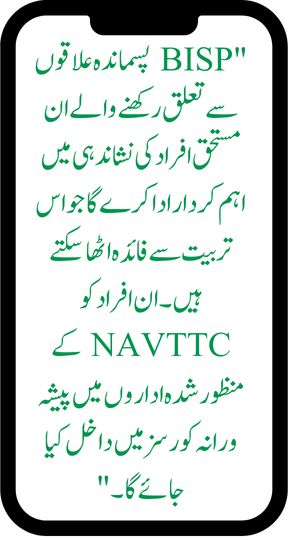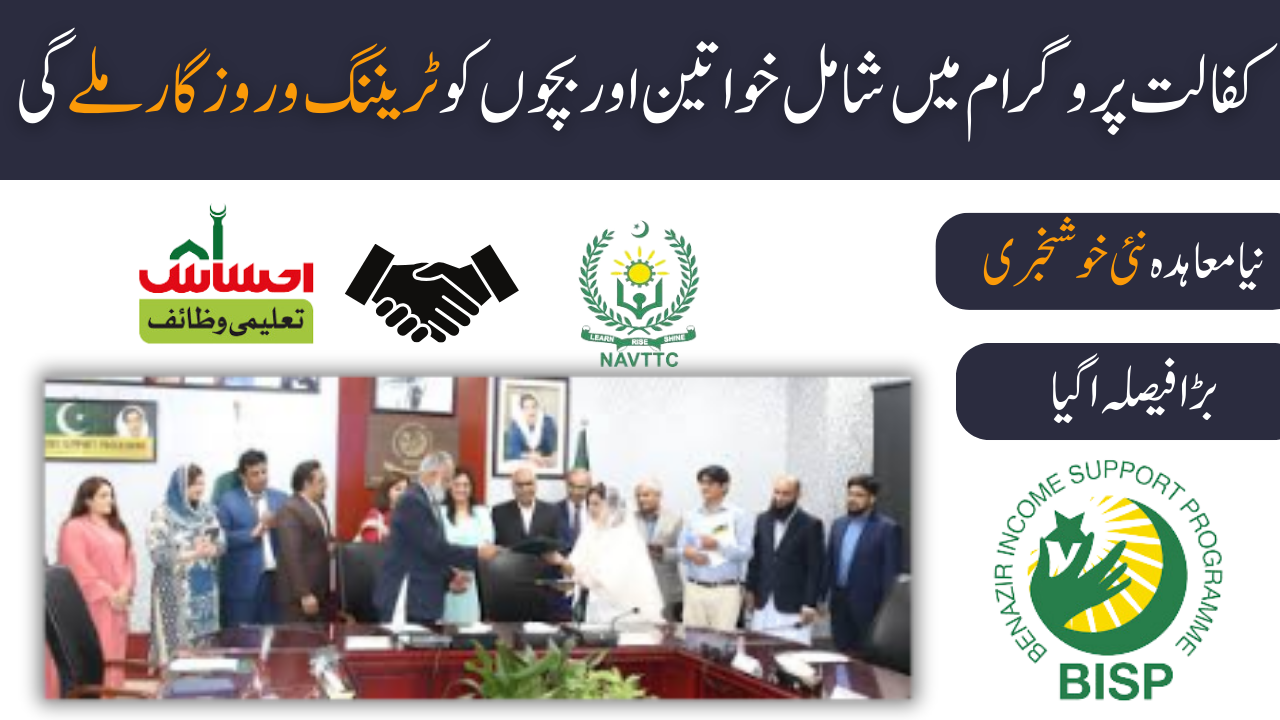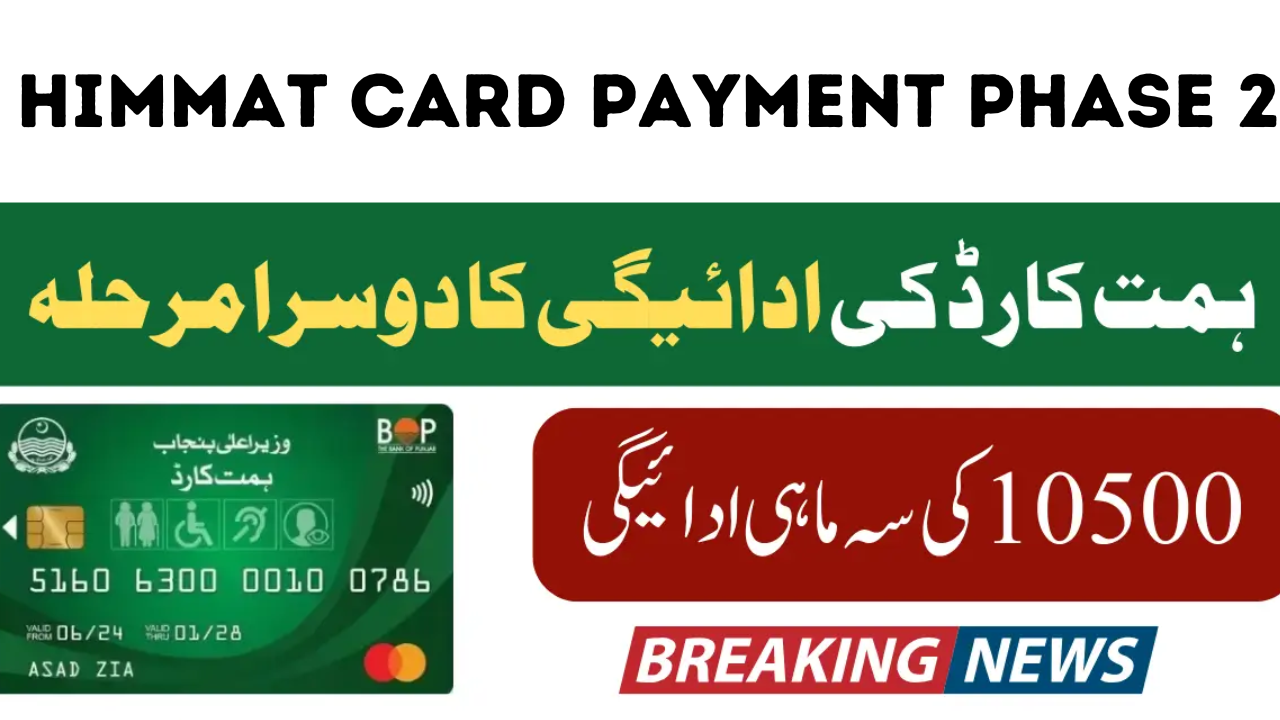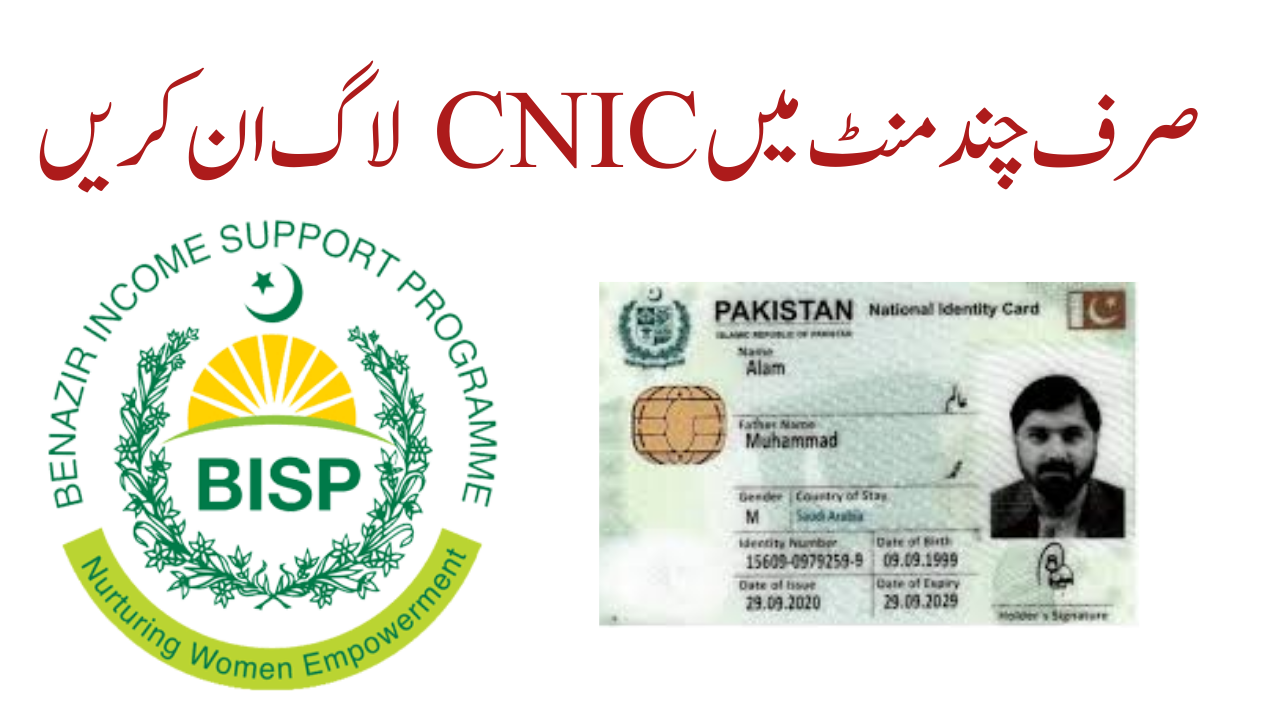A significant step toward reducing poverty and enhancing employment opportunities was taken on April 22, 2024, when the Benazir Income Support Programme (BISP) and the National Vocational and Technical Training Commission (NAVTTC) signed a Memorandum of Understanding (MOU). This agreement aims to provide technical and vocational skills training to members of BISP beneficiary families, thereby empowering economically vulnerable communities across Pakistan.
Key Objectives of the MOU
The primary goal of the MOU is to create a structured framework that allows NAVTTC and BISP to collaborate in providing technical education and skills training. The focus will be on the Skills Training Vouchers Programme, specifically tailored to meet the demands of the job market and equip beneficiaries with practical, job-ready skills. This initiative is expected to enhance the employability of individuals from low-income households and, in turn, contribute to economic stability at the community level.
Collaboration Details
BISP’s Role
BISP will play a crucial role in identifying eligible beneficiaries who can benefit from the training. These individuals, primarily from underserved areas, will be enrolled in vocational courses offered by NAVTTC’s network of accredited institutions.

ALSO READ: BISP Update for 2025: Kafalat 13,500 Payment to Begin in January
NAVTTC’s Role
NAVTTC, as Pakistan’s primary vocational and technical training body, will provide resources, instructors, and curricula aligned with industry standards. This approach ensures that participants gain skills relevant to sectors such as technology, construction, health, and automotive services.
Training Programs and Skill Development Focus
Under this partnership, NAVTTC will offer training courses that focus on:
- Technical Skills: Training in fields such as welding, electrical engineering, and IT.
- Vocational Skills: Training in sectors like automotive repair, textile production, and plumbing.
- Soft Skills: Emphasis on communication, teamwork, and basic business skills to improve employability.
Expected Outcomes and Impact
The partnership between BISP and NAVTTC is set to create a sustainable skill development framework, which is projected to bring about multiple socio-economic benefits, including:
- Enhanced Employment Opportunities: By equipping individuals with practical skills, this initiative aims to reduce unemployment among BISP beneficiaries.
- Poverty Alleviation: The provision of skill-based training will enable more people to secure jobs, thereby uplifting families from poverty.
- Economic Growth: Skilled individuals can contribute more effectively to the economy, fostering productivity and innovation across various industries.
Overview of the BISP-NAVTTC Partnership
| Feature | Description |
|---|---|
| Program Name | Skills Training Vouchers Programme |
| Collaborating Agencies | BISP and NAVTTC |
| Primary Beneficiaries | BISP beneficiary families |
| Skills Provided | Technical, vocational, and soft skills |
| Target Sectors | Technology, construction, healthcare, automotive |
| Program Outcome | Job readiness, reduced poverty, economic empowerment |
Conclusion
The MOU between BISP and NAVTTC represents a proactive approach to tackling poverty through skill development. By fostering collaboration, the program aims to provide long-term, sustainable solutions for employment and poverty alleviation in Pakistan. Through skill training, BISP beneficiaries are given a pathway to self-sufficiency, helping them become active contributors to the economy. This partnership is a hopeful step toward a more skilled and empowered workforce in Pakistan.







